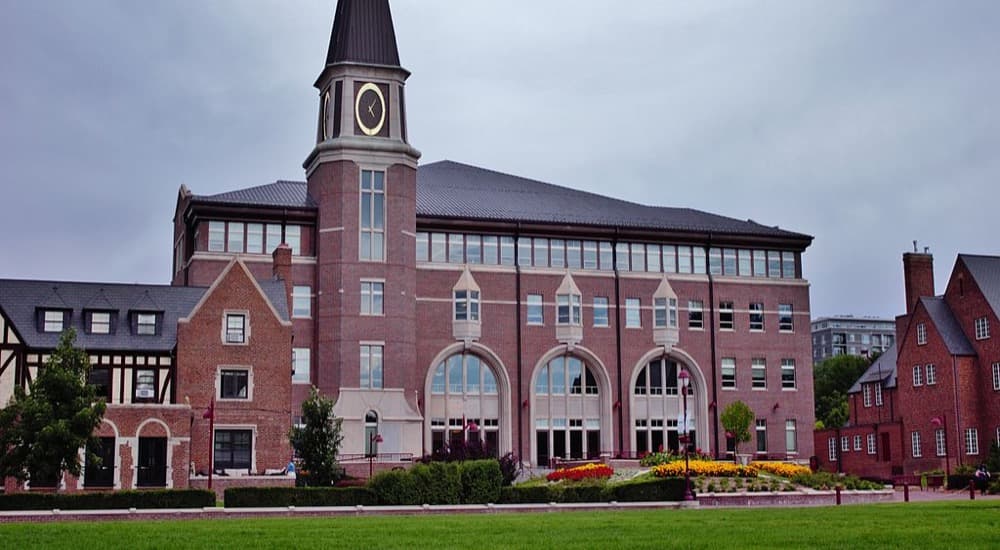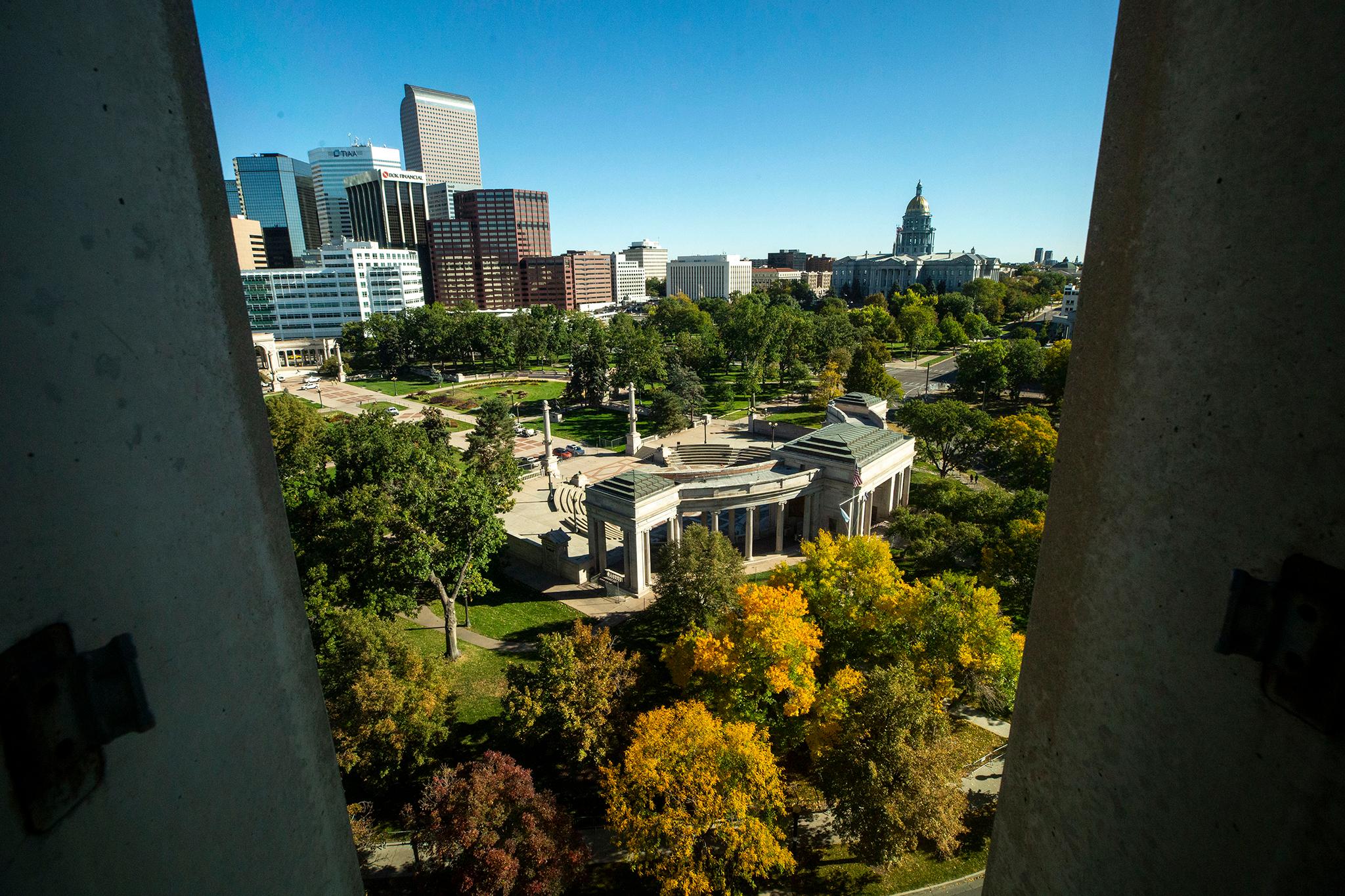Professor Lucy Marsh started working at the University of Denver in 1976. She was making $16,800 a year, while a man hired into the same position came on at $19,000.
By 2013, that gap had swelled to more than $75,000 -- and Marsh was earning less than every other full law professor at the school, male and female alike, according to a lawsuit filed in September by a federal agency.

The Equal Employment Opportunity Commission argues that this is one example of a gender imbalance at the law school, with female professors in 2013 making an average of $139,940 compared to the average of $159,721 for men while doing similar work. That's an average difference of about $20,000, while the median difference was $7,500 as of 2012.
None of the women earned as much as the men averaged, according to EEOC.
This is a gap that the dean of the law school, Martin Katz, described as early as December 2012 in a memo. Shortly afterward, he told Professor Lucy Marsh that she was the lowest-paid full law professor in the school and that "nothing" would be done to change that, according to the lawsuit.
In later meetings with other female professors, Katz "speculated" that they were paid less "because they were not performing as well as" their male colleagues, the lawsuit states. The EEOC contends that Katz "had not conducted any investigation" into the reason for the disparity.
The law school currently employs 13 women and 18 men as full professors, the suit states. Marsh's complaint to the federal agency eventually led to this lawsuit, which seeks a permanent order that would force the university to pay equal wages across genders. It also seeks back pay with interest, as well as punitive damages for the women.
The EEOC has been talking to the university since August 2015, but the two groups didn't reach an agreement that could have forestalled a lawsuit.
Here's what the school had to say:
"The University of Denver is committed to compensating its faculty fairly and equitably. In addition, the University is dedicated to its principles of equal employment opportunity and disputes the claims asserted by the EEOC. University of Denver has been wholly cooperative with the EEOC since the initial filing in 2013, even attempting to reach a settlement before the lawsuit was filed," reads a statement released by DU's press office.
"Unfortunately, all attempts at reaching a settlement were rejected. Nonetheless, the University of Denver will continue to explore a fair, just and prompt resolution with the EEOC."










